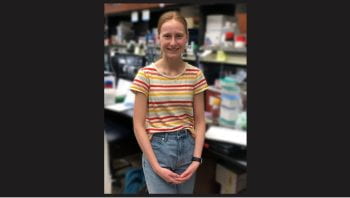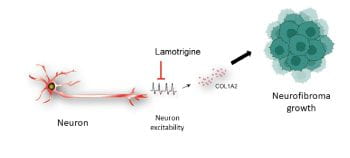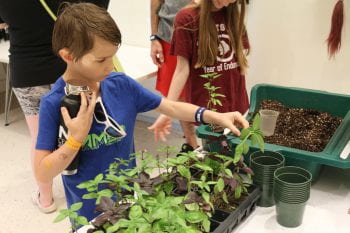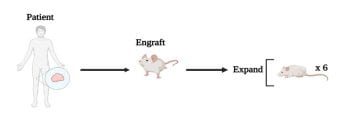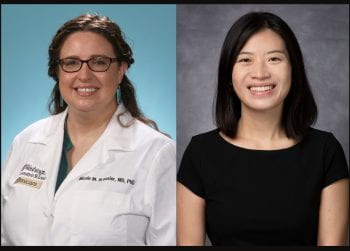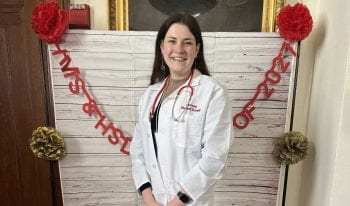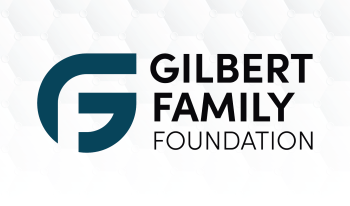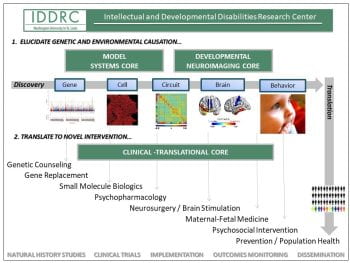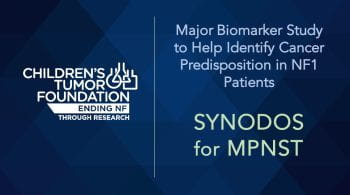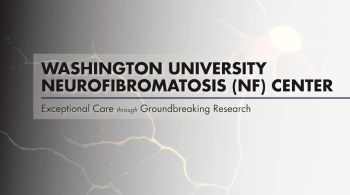Lara Marquez Y Marco, an undergraduate researcher in the Washington University NF Center, was recently awarded a summer Pediatric Oncology Student Training (POST) Program grant from Alex’s Lemonade Stand Foundation. For her summer project, Lara will work with senior postdoctoral fellow, Dr. Jit Chatterjee, in the laboratory of Dr. David Gutmann, to explore the relationship […]
NF Center Undergraduate Receives Prestigious Summer Research Grant
